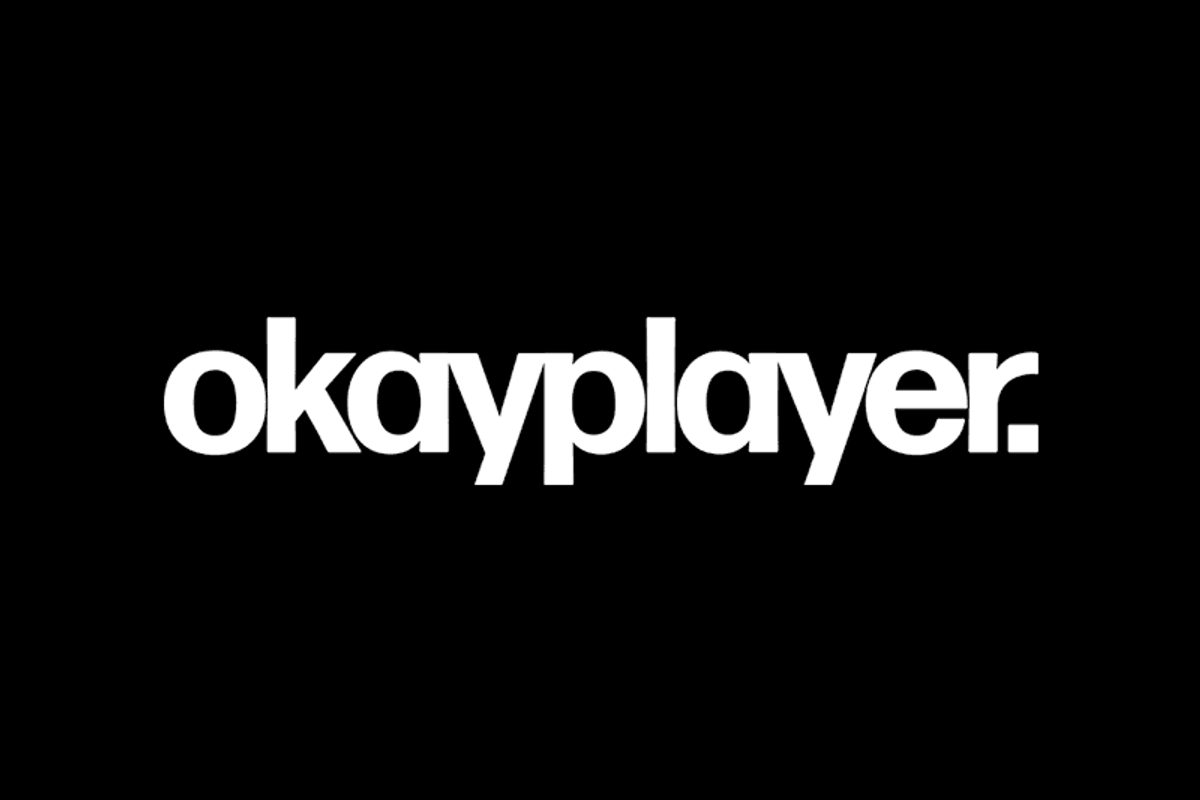
Russell Simmons Wants To Bring His Hip-Hop Musical 'The Scenario' To A Stage Near You
To continue reading
Create a free account or sign in to unlock more free articles.
By continuing, you agree to the Terms of Service and acknowledge our Privacy Policy
Register
The content is free, but you must be subscribed to Okayplayer to continue reading.
THANK YOU FOR SUBSCRIBING
Join our newsletter family to stay tapped into the latest in Hip Hop culture!
Login
To continue reading login to your account.
Forgot your password?
Please enter the email address you use for your account so we can send you a link to reset your password:

Russell Simmons is more than just the man behind Def Jam. With over 30 years clocked in as executive and cofounder of the most influential label in the game, he also stands as one of the only living people (outside of, say, his partner in crime Rick Rueben and a handful of others) who could possibly relay the whole culture's history in an evening's chat. Soon he'll be unravelling the break beat scrolls through a new medium, taking his supreme, sage-like story-telling to a stage near you. Uncle Rush is reportedly development and producing his very first outing for the stage, which he has dubbed (aptly) The Scenario. Rush teamed with hip-hip business historian Dan Charnas of The Big Payback to help write the script, which, according to a recent Rolling Stone interview, is shaping up to be more a story of the commercial dominance than a historic narrative that examines the cultural elements that facilitated the takeover. With the shaky history of hip-hop on Broadway, it will certainly be interesting to see if Simmons is capable of dodging the trap of inaccessibility, but time will certainly tell and he seems more than capable. You can read a couple of quick excerpts from his interview below, just be sure to hit the link for the full script.
>>>Read More (via Rolling Stone)
On the conception of the show:
"I met the guys at [The Scenario production company] Big Block and they took me to see [hard-rock jukebox musical] Rock of Ages. I saw it and said, "What the fuck? This is exactly what I need to do." It was the most obvious thing in the world to me. I was inspired when I saw it. I must be getting old because what I'm doing now is right squarely in the middle of Broadway, which is squarely in the middle of America. It's overdue."
On The Scenario's aesthetic and theme:
"It'll be half-concert, half-storytelling. Something like this deserves a little bit of a love story and a little bit of [Public Enemy's] "Fight the Power." It's not easy to write, but it's easy to conceive of. It's all the old people going to the Broadway theatre and seeing rebellious youth culture [laughs]. Two generations later, rap still has that rebelliousness; it hasn't changed. At the same time, though, it's successful pop culture. We've never had an American cultural phenomenon like this that has spanned so many generations."